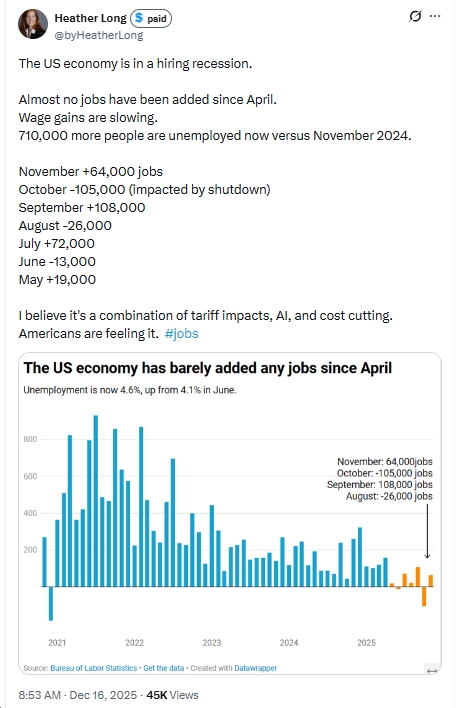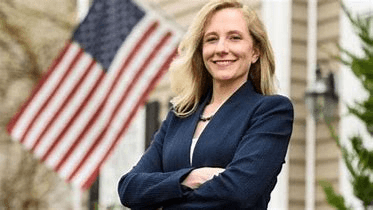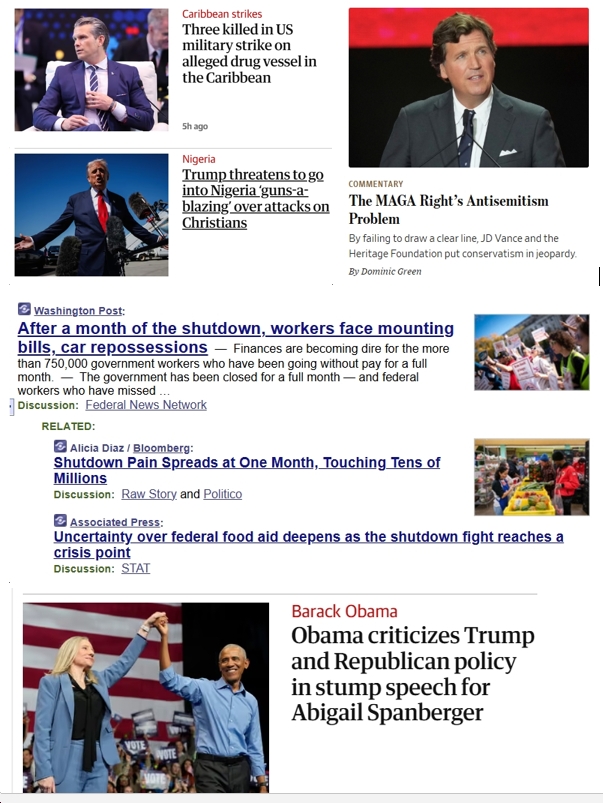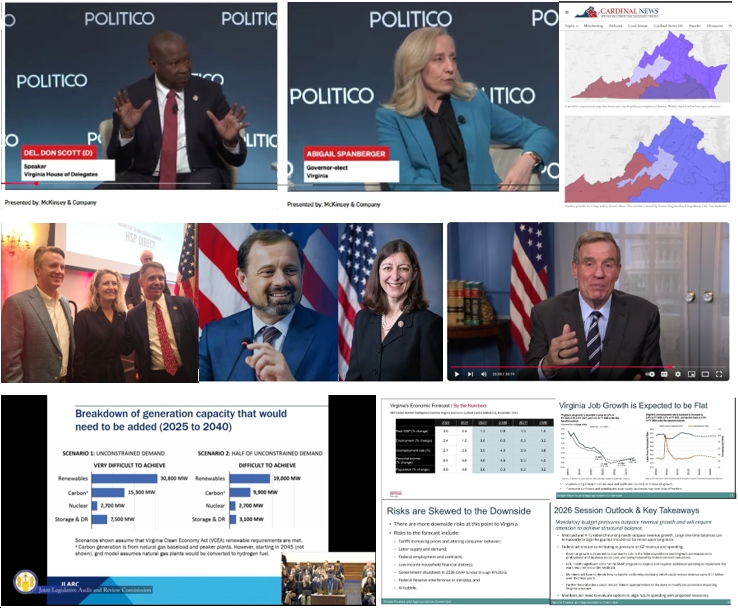Great comment by the ACLU of Virginia opposing Youngkin’s on the treatment of transgender & non-binary students.
The American Civil Liberties Union of Virginia (ACLUVA) respectfully submits this comment in opposition to the proposed 2022 Model Policies on the Privacy, Dignity, and Respect for All Students and Parents in Virginia’s Public Schools (the “2022 Model Policies”). These Model Policies are contrary to state law and their adoption will result in rampant violations of the rights of students, parents, and school personnel, and will inflict serious harm on transgender and nonbinary students. ACLUVA demands that the administration retract the 2022 Model Policies.
ACLUVA is a private, non-profit, non-partisan organization headquartered in Richmond, Virginia. ACLUVA represents more than 37,000 members and 240,000 supporters. ACLUVA promotes civil liberties and civil rights for everyone in the Commonwealth through public education, litigation, and advocacy, with the goal of securing freedom and equality for all. Our clients, members, and supporters include students, parents, and school personnel who will be directly impacted by the adoption of the proposed 2022 Model Policies.
The Virginia Code authorizes the Virginia Department of Education (VDOE) to promulgate Model Policies “concerning the treatment of transgender students in public elementary and secondary schools that address common issues regarding transgender students in accordance with evidence-based best practices.” Va. Code § 22.1-23.3. Delegate Marcus Simon, one of the law’s sponsors, stated that the purpose of the legislation is to “ensure the safety and dignity of all students in Virginia, regardless of how they identify or where they live.” Press Release, Office of The Governor, Governor Northam Signs 49 Bills into Law (Mar. 5, 2020).
Schools are critical safe havens for students to express themselves, and to grow as human beings. The 2022 Model Policies will not create a learning environment that is safe for all students. Instead, they will result in school district policies that threaten transgender students’ identity and basic humanity, ostracize them, and deprive them of the same opportunities afforded to cisgender students. Courts have long recognized that separating students because of innate characteristics is harmful. Brown v. Bd. of Educ., 347 U.S. 483, 494 (1954) (such separation “generates a feeling of inferiority as to their status in the community that may affect their hearts and minds in a way unlikely ever to be undone. . .”); Doe by & through Doe v. Boyertown Area Sch. Dist., 897 F.3d 518, 529 (3d Cir. 2018) (“When transgender students face discrimination in schools, the risk to their wellbeing cannot be overstated—indeed, it can be life threatening.”). The 2022 Model Policies will inflict such harm on transgender and nonbinary students.
The 2022 Model Polices are not evidence-based, and they do not reflect the multi-disciplinary consensus around what best practices are necessary to ensure that transgender students have equal access to education in a manner free from discrimination, fear, intimidation, and bullying. The 2022 Model Policies are premised on the assumptions that “biological sex” is a binary and that one’s “biological sex” can be easily ascertained, but those assumptions are not rooted in science. The 2022 Model Policies cite no evidence supporting the effectiveness or benefits of any of the proposed policies, nor do they reference any established best-practices or recommendations. Virginia Code § 22.1-23.3 does not authorize the VDOE to promulgate model policies based on the administration’s preferred policy outcomes. Rather, the statute requires any model policies to be grounded in the science and data surrounding what practices result in the best outcomes for transgender students. Because the 2022 Model Policies are not based in evidence, they are contrary to the requirements of Virginia Code § 22.1-23.3.
- The 2022 Model Policies Will Harm Transgender and Nonbinary Students.
The evidence is clear that treating transgender students consistent with their gender identity is crucial for the students’ mental health and academic outcomes. Inclusive policies have been shown to reduce the amount of harassment transgender and nonbinary students face in school, and in turn improve their academic performance.
The 2022 Model Policies mandate practices that will harm transgender and nonbinary students in Virginia’s public schools. The 2022 Model Policies would prohibit teachers from using students’ affirming names and pronouns unless the student legally changes their name and gender marker, or their parents instruct school personnel to do so. The 2022 Model Policies do not recognize the existence of non-gendered pronouns, and effectively prohibit their usage, even though Virginia law allows nonbinary gender markers on state-issued identification documents. See, e.g., Va. Code §§ 46.2-323, 46.2-345. The 2022 Model Policies will require school boards to deny transgender students access to the facilities that align with their gender identity, unless the student can prove that such access is required by federal law. Finally, the 2022 Model Policies will require school personnel to “out” students to their parents in certain circumstances – a practice that can result in grave harm to students outside of school.
The National Institutes of Health (NIH) recently noted that suicide is the second leading cause of death for people in the U.S. aged 15 to 24. These rates become even more horrifying for adolescents and young adults identifying as a sexual minority. Researchers found that “gender minority students had significantly higher rates of depression, suicidal ideation, and suicide attempts relative to cisgender students.” National Institute of Health, Differences in Suicide Risk Among Subgroups of Sexual and Gender Minority College Students (Sept. 8, 2020). Discriminatory treatment plays a significant role in these results: 60% of transgender youth who have experienced bathroom discrimination reported that they had considered suicide. This study showed that bathroom discrimination “significantly increased the odds of reporting depressive mood. These findings suggest that preventing [transgender and nonbinary] youths from accessing appropriate bathrooms is associated with harmful mental health indicators.” Price-Feeney, M., Green, A., Dorison, S., C.A. (2020). Impact of Bathroom Discrimination on Mental Health Among Transgender and Nonbinary Youth.
Similarly, experiencing discrimination and harassment based on gender identity is associated with worse educational outcomes, such as higher rates of absenteeism and lower GPA. GLSEN, The 2019 National School Climate Survey (2020), p. 48. Accordingly, transgender students “have less access to education than their peers – not only because they feel more unsafe and experience more victimization, but also because they often have restricted access within the school environment itself.” Id. at 105. In order to counter this reality, schools must not only ensure that transgender and nonbinary students have access to school facilities, they must also “work to be inclusive and affirming of transgender and nonbinary students in their teaching and in their interactions” with those students. Id.
The evidence demonstrates that transgender and nonbinary students who attended schools with affirming policies or guidelines were less likely to experience anti-LGBTQ discrimination in school than students in schools without such policies, and they felt a greater sense of belonging to their school community. Id. at 52. A recent study documented that respecting transgender students’ names and pronouns was associated with a 56% decrease in suicide attempts and a 29% decrease in suicidal thoughts. Stephen T. Russell et al., Chosen Name Use Is Linked to Reduced Depressive Symptoms, Suicidal Ideation and Suicidal Behavior among Transgender Youth, 63 J. Adolescent Health 503, 505 (2018).
In addition to the challenges that transgender students face at school, transgender youth are at greater risk for homelessness or housing instability than even their cisgender LGBTQ peers. Among those youth, the majority experienced homelessness or housing instability due to mistreatment or the fear of mistreatment as a result of their identity. DeChants, J.P., Green, A.E., Price, M.N, & Davis, C.K. (2021). Homelessness and Housing Instability Among LGBTQ Youth. West Hollywood, CA: The Trevor Project. Transgender youth also experience higher rates of psychological and physical abuse at home than do cisgender youth. This abuse contributes to higher rates of depression and suicidality during adolescence and adulthood. Thoma B C, Rezeppa T L, Choukas-Bradley S, et al. Disparities in Childhood Abuse Between Transgender and Cisgender Adolescents. Pediatrics. 2021;148(2):e2020016907. Outing transgender children to unsupportive parents will subject those children to these serious and irreversible harms.
The sharp disconnect between the established evidence on what transgender students need in schools and the policies proposed here make it evident that the 2022 Model Policies were developed to further an ideological agenda, rather than to promote the safety and wellbeing of transgender and nonbinary students in Virginia’s public schools.
- The 2022 Model Policies Will Result in Practices that Violate Grimm v. Gloucester Co. School Board.
In Grimm v. Gloucester Co. School Board, the Fourth Circuit Court of Appeals held that a school board’s policy requiring students to use the restroom matching their “biological gender” violated the Equal Protection Clause and Title IX, as applied to Mr. Grimm. Grimm v. Gloucester Cnty. Sch. Bd., 972 F.3d 586 (4th Cir. 2020), as amended (Aug. 28, 2020), cert. denied, 141 S. Ct. 2878, 210 L. Ed. 2d 977 (2021). The 2022 Model Policies require schools to have policies that would delineate bathroom and locker room usage based on “sex,” which is simply defined as “biological sex.” The 2022 Model Policies further prohibit school boards from accommodating students in any way unless it is required by federal law, and then only to the extent required by federal law.
The Grimm ruling establishes that intentional discrimination against transgender students – that is, treating them differently than other students because of their transgender identity – implicates the Equal Protection clause and the requirements of Title IX. The court made clear that there is no basis in fact or evidence for school boards to employ discriminatory bathroom policies like the one included in the 2022 Model Policies, and that such policies are based on “sheer conjecture and abstraction.” Id. at 614. Instead, the court found that all evidence – including the experiences of numerous school districts in Virginia and across the country that had implemented inclusive facility access policies – supports the conclusion that inclusive policies harm no one and provide significant benefit to transgender students. The court found that this evidence “put the lie to supposed legitimate justifications for restroom discrimination: preventing students who pretend to be transgender from obtaining access to opposite-gender restrooms and protecting privacy.” Id. (quoting brief of Education Association Amici).
By requiring school boards to implement a litmus test to determine who may use the restroom aligned with their gender identity, the 2022 Model Policies will inevitably result in discrimination that violates the holdings of Grimm. The 2022 Model Policies thus invite lawsuits that will waste taxpayer money and will put school staff in the impossible position where they may be required to violate clearly established law.
- The 2022 Model Policies Impermissibly Infringe on School Districts’ Constitutional Authority to Prohibit Discrimination.
In 2015, Virginia’s Attorney General issued an Opinion concluding that school boards have the inherent authority under Virginia’s Constitution to prohibit discrimination, including discrimination based on sexual orientation or gender identity. Subsequently, many school districts did enact policies that prohibit discrimination against students based on their gender identity. Many more school districts enacted such policies pursuant to the 2021 Model Polices on the Treatment of Transgender Students. The 2022 Model Policies contain many provisions that conflict with those non-discrimination policies, including the provisions regarding name and pronoun usage, and bathroom access. The 2022 Model Policies would prohibit school boards from maintaining these non-discrimination policies, instead requiring them to discriminate against transgender and nonbinary students. The 2022 Model Policies thus impermissibly infringe on school boards’ constitutional authority to prohibit discrimination against its students.
- The VDOE Exceeds Its Statutory Authority to Promulgate Model Policies.
Despite the fact that the statutory authority for the model policies limits the subject matter of those policies to the treatment of transgender students, the 2022 Model Policies focus instead on “parental rights.” For example, the section titled “Guiding Principles” focuses almost exclusively on “parental rights,” rather than the needs of transgender students. The language and intent of the statute require any model policies to guide schools in how to protect transgender students and create “a safe and supportive learning environment free from discrimination and harassment.” The 2022 Model Policies stray outside the mandate of the statute by making the starting point of the policies the supposed vindication of the rights of parents. The VDOE does not have any statutory authority to promulgate model policies regarding parents’ rights, and thus the 2022 Model Policies are not authorized by law.
Further, Virginia Code § 22.1-23.3 contains no provision that allows VDOE to promulgate policies that would prevent schools from taking steps to protect transgender students. Any model policies promulgated pursuant to this statute are meant to set a baseline of minimum protections for transgender students. The 2022 Model Policies would impermissibly limit the ability of school districts to create safe and inclusive learning environments for all students, contrary to the intent of the statute.
In conclusion, the 2022 Model Policies are contrary to state law. They at best invite and at worst require discrimination that violates state and federal law. Most troublingly, they will lead to school environments that harm transgender and nonbinary students. All students should be safe, welcomed, and included in Virginia’s public schools. ACLUVA opposes the 2022 Model Policies in their entirety and demands that the VDOE rescind them, leaving the existing 2021 Model Policies in place.




![Monday News: “Tillis Savages ‘Misinformed’ Trump for ‘Betraying’ Voters”; “Trump’s [Budget] Bill Will Destroy America’s Climate Progress” – and MUCH More!; “What the University of Virginia Should Have Done”; Map of Walkinshaw’s Dominant Victory in VA11](https://bluevirginia.us/wp-content/uploads/2025/06/montage0630.jpg)













